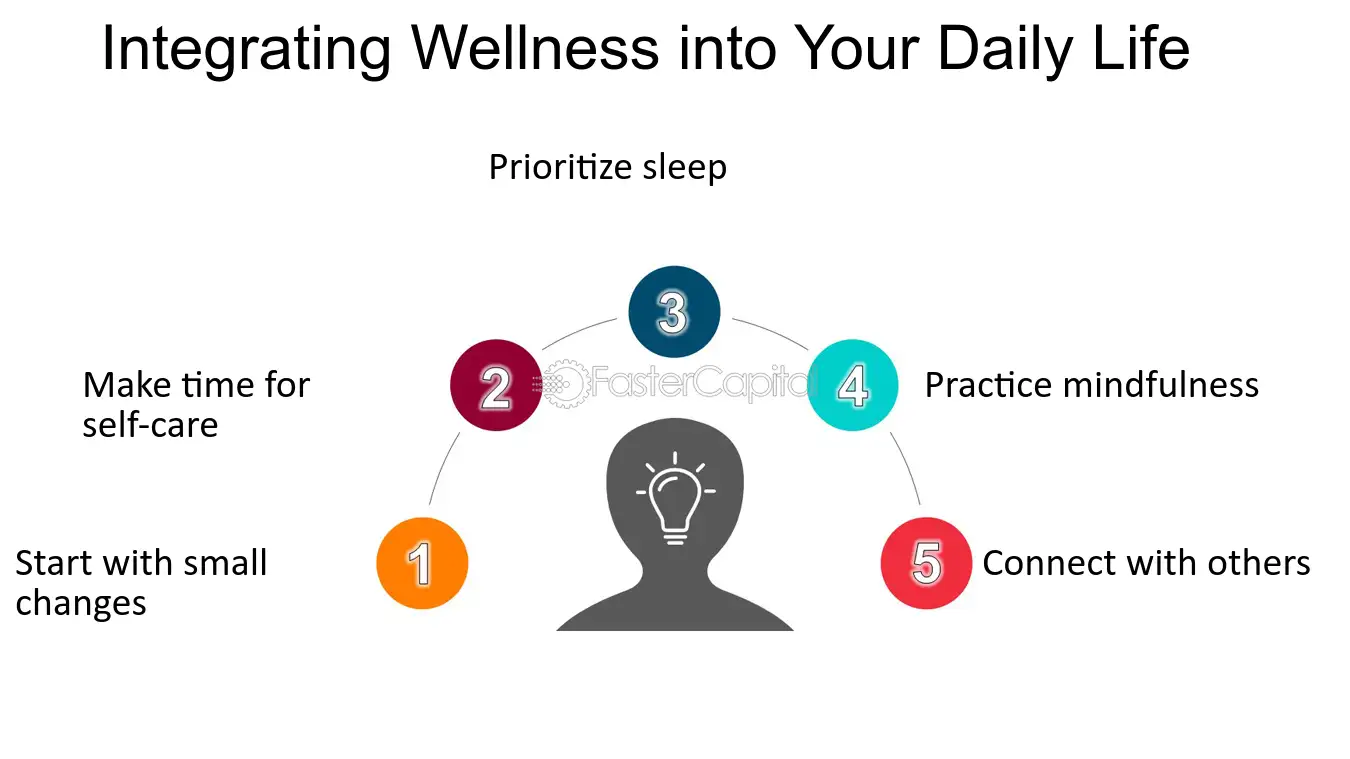In today’s fast-paced world, maintaining a balanced lifestyle is more important than ever. A well-structured daily routine can help improve your physical, mental, and emotional well-being. This comprehensive blog post outlines effective strategies for creating a daily routine that optimizes productivity, health, and happiness. By incorporating these elements into your day, you can establish a lifestyle that promotes overall wellness.
Why a Daily Routine Matters
A daily routine provides structure and predictability in our often chaotic lives. It helps manage time effectively, reduces stress, and boosts productivity. By having a consistent routine, you can:
- Improve Focus: A well-defined day allows you to concentrate on essential tasks and minimize distractions.
- Enhance Well-being: Regular activities such as exercise and healthy eating boost physical and mental health.
- Cultivate Positive Habits: A routine helps in habit formation, making it easier to follow healthy practices consistently.
Essential Components of a Daily Routine
1. Morning Ritual
Wake Up Early: Aim to rise at a consistent time each day to set a positive tone for the rest of your day. The early hours are often the most peaceful, providing a good opportunity for self-reflection.
Hydration: Start your day by drinking a glass of water. Hydration boosts metabolism and helps improve cognitive function.
Mindfulness or Meditation: Spend 5-10 minutes engaging in mindfulness or meditation. This practice can reduce stress, enhance focus, and increase emotional resilience.
Healthy Breakfast: Fuel your body with a nutritious breakfast that includes protein, healthy fats, and carbohydrates. Foods like eggs, oats, fruits, and smoothies are great options.
2. Physical Activity
Incorporate Exercise: Aim for at least 30 minutes of physical activity daily. Choose activities you enjoy, such as jogging, yoga, or dancing. Regular exercise has numerous benefits, including:
- Boosting energy levels
- Improving mood
- Enhancing cognitive function
- Supporting weight management
Stretching: Take a few moments to stretch after your workout or during breaks. Stretching can improve flexibility and reduce the risk of injury.
3. Productive Work Blocks
Set Clear Goals: Each morning, outline your goals for the day. What tasks must be completed? Setting clear objectives can enhance productivity.
Time Management Techniques: Employ techniques like the Pomodoro Technique, which involves working for 25 minutes followed by a 5-minute break. This method can improve focus and prevent burnout.
Prioritize Tasks: Focus on high-priority tasks when your energy levels are at their peak. Reserve less demanding activities for when you might feel less focused.
4. Healthy Eating
Balanced Lunch and Dinner: Aim for balanced meals rich in vegetables, lean proteins, and healthy fats. For lunch, consider salads with chicken or quinoa bowls packed with veggies. For dinner, opt for grilled fish with steamed vegetables or stir-fried tofu with brown rice.
Healthy Snacks: Keep healthy snacks on hand to maintain energy throughout the day. Some options include fruits, nuts, yogurt, and whole-grain crackers.
5. Time for Relaxation and Hobbies
Scheduled Downtime: Allocate time for relaxation and leisure activities. Whether you enjoy reading, painting, or gaming, make time for hobbies that bring you joy.
Limit Screen Time: Be mindful of excessive screen time, especially on social media. Set boundaries to foster more meaningful connections and reduce stress.
6. Evening Routine
Reflect on Your Day: Spend a few minutes journaling or reflecting on what went well during the day and what can be improved. This practice enhances self-awareness and personal growth.
Prepare for Tomorrow: Lay out your clothes, prepare your lunch, and set your to-do list for the next day. This pre-planning can reduce morning stress and enhance preparedness.
Wind Down: Engage in calming activities before bed, such as reading, light stretching, or practicing gratitude. Avoid screens at least an hour before bedtime, as blue light can negatively affect sleep quality.
7. Sleep Hygiene
Prioritize Quality Sleep: Aim for 7-9 hours of quality sleep each night. Establish a regular sleep schedule by going to bed and waking up at the same times daily.
Create a Sleep-Conducive Environment: Make your bedroom dark, cool, and quiet to promote better sleep. Consider using earplugs or a white noise machine if needed.
Limit Caffeine and Alcohol: Be mindful of your consumption of stimulants like caffeine and depressants like alcohol, especially in the hours leading up to bedtime.
Conclusion: Embracing a Balanced Lifestyle
Creating a balanced daily routine is a powerful way to enhance your overall quality of life. By incorporating these essential components into your day, you empower yourself to make healthier choices, boost productivity, and nurture your well-being. Remember, the key is consistency—over time, even small changes can lead to significant improvements in your physical and mental health.
Start your journey toward a balanced lifestyle today by implementing these strategies. You’ll find that the more effort you put into crafting your daily routine, the more fulfilling and rewarding life can become.
